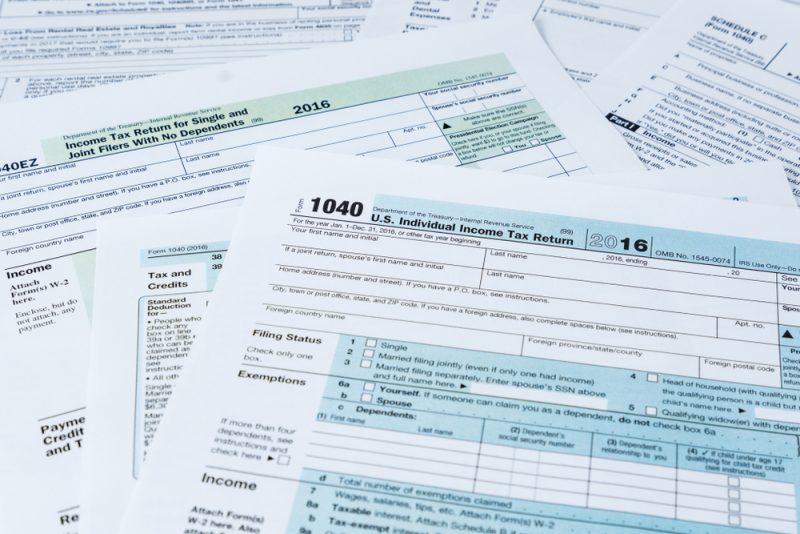
Appointing an executor is one of the most important decisions in an estate plan. It entrusts someone to manage every detail — from gathering documents to distributing assets — with accuracy and integrity. Among the first and most demanding steps of that process is determining the estate’s value and ensuring each asset is handled appropriately.
Why Valuation Matters
Accurate valuation is the cornerstone of estate administration. Before any assets can be distributed to heirs or sold, the executor must establish the fair market value of everything the deceased owned as of the date of death. These values aren’t just numbers. They affect everything from tax filings and probate court submissions to the share each beneficiary receives.
For example, if one heir is to receive a home and another receives investments of “equal value,” both must be properly appraised so the distribution remains equitable. Even small miscalculations can lead to disputes, tax issues, or the need to reopen probate later.
A Wide Range of Assets, a Wide Range of Complexity
Some assets are straightforward. Checking accounts, savings accounts, and public investments can be valued based on account statements. Others require more expertise and even professional input:
- Real Estate: Appraisals or comparative market analyses determine property value, but factors like condition, local market shifts, and joint ownership can complicate the process.
- Personal Property: Art, jewelry, collectibles, or family heirlooms may need a certified appraiser. Emotional attachment can also cloud perceptions of value.
- Business Interests: For privately held companies, valuation may require accountants or business valuation specialists.
- Retirement Accounts and Life Insurance: Beneficiary designations and tax implications must be reviewed carefully.
Executors often work closely with financial institutions, accountants, and legal advisors to ensure that each item is valued correctly and documented for probate.
Timing and Strategy: When to Sell vs. When to Distribute
Once valuation is complete, the executor faces another set of decisions: how and when to distribute the assets. Sometimes, liquidating assets is necessary to cover debts, taxes, or final expenses. In other cases, beneficiaries may prefer to receive items in kind rather than cash.
Executors must also consider market timing. For example, waiting to sell a property during a more favorable season could increase proceeds, but it might delay the overall settlement. Balancing these financial realities with family expectations requires both diplomacy and sound judgment.
Avoiding Common Pitfalls
- Skipping formal appraisals: Estimating values without documentation can cause problems during probate or with tax authorities.
- Distributing too early: Assets should not be distributed until all debts, expenses, and potential tax liabilities are satisfied.
- Poor communication: Keeping beneficiaries informed about valuations and decisions can prevent misunderstandings and disputes later.
How Financial Institutions Can Help
Executors don’t have to navigate these details alone. Partnering with an experienced financial institution can bring structure and clarity to the process — from establishing estate accounts to coordinating appraisals and managing liquid assets. The right team helps minimize stress, prevent costly delays, and ensure every detail is handled accurately. With professional support and a thoughtful plan, executors can fulfill their duties with confidence and care.



